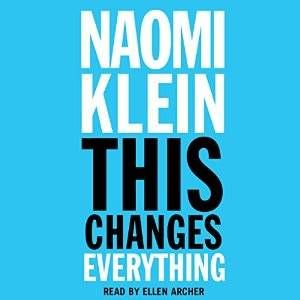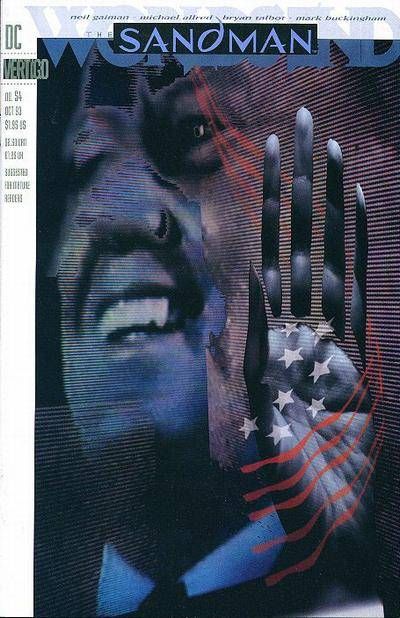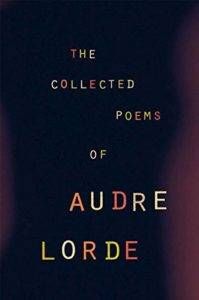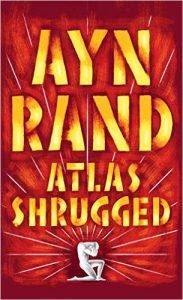
Books as Self Defense
In today’s current fraught dumpster fire that is America’s political environment, a lot of us have been going to protests and considering how to get fit to protect our marginalized neighbors. Here are some helpful books that serve a second, very useful purpose: as personal defense weapons.
Merriam-Webster’s Collegiate Dictionary, 11th Edition
Pros: Weighing in at a powerful 1,664 pages, the Merriam-Webster Dictionary is a hefty weapon to have on one’s side. Hardcover recommended, but paperback will do in a pinch. Useful for reminding Facebook trolls what fascism actually means. Already a leader in the Resistance.
Cons: Not recommended for long marches unless you have a sturdy backpack or biceps that rival Dwayne Johnson’s.

Pros: Hardback edition is 576 pages, not bad for midweight effort. Learn more about our economic system versus the environment and hone your BS detector for when politicians are talking.
Cons: Deeply depressing.
Iraq+100 edited by Hassan Blasim
Pros: 10 Iraqi authors imagine their country 100 years in the future, offering a much-needed perspective shift which could be very useful if you can convince certain people to read it. Good for your soul.
Cons: Artistically heavyweight, but only a slim less than 300 pages, which makes it less than ideal as a weapon.

Pros: Hardcover and over 1,000 pages each; the author himself called out their efficacy as anti-burglar weapons, which makes them worth trying out on white supremacists. Excellent graphic novels.
Cons: The NYT best seller list doesn’t think grown ups read graphic novels, but this is only a con if you actually care what people that silly think.
The Tale of Genji by Murasaki Shikibu
Pros: Over 1,200 pages, which makes it almost as hefty as the dictionary if you can find a hardcover edition. A solid reminder that the first novel was written by a woman, setting the pattern for female writers to act as pioneers throughout the arts. Hardcover should shed MRA tears effectively.
Cons: Don’t skip arm day.

Pros: About 500 pages, good for stowing in a purse for all your Nazi-whapping needs. And it’s the poems of Audre Lorde. Get angry, get fired up, and remember the greatest act of rebellion is surviving.
Cons: None.
Farewell to Manzanar by Jeanne Houston
Pros: I don’t know why a book about the inexcusable internment of Japanese-Americans during the second World War, a reminder of one of the many indelible black stains of injustice on America’s conscience would be at all topical, but it’s a good book anyway. Will fill you with shame, which will prove you still have a soul in case you were wondering.
Cons: It’s very short, so will need to be supplemented, possibly with duct tape and a brick.

Pros: Nearly as long as Genji. Easy to find at used book stores as shame-faced former students clear out their shelves and insist it was just a phase. Lets this book be useful as something other than a doorstop.
Cons: Might cause people who can’t tell the difference between a trilby and a fedora to think you actually like Ayn Rand.
The United States Constitution (pocket-sized)
Pros: Useful for all those times someone can’t seem to remember what the first amendment actually says. The last line of defense we have, if we can keep it.
Cons: Not a particularly effective physical weapon unless wrapped in a copy of Miss Macintosh, My Darling.











